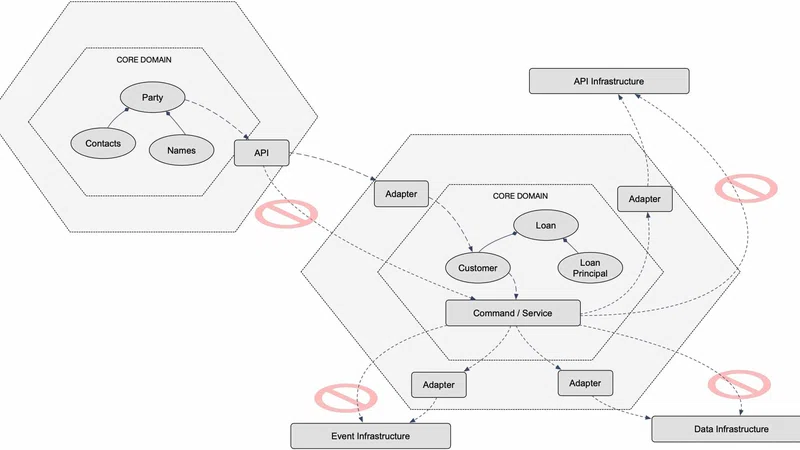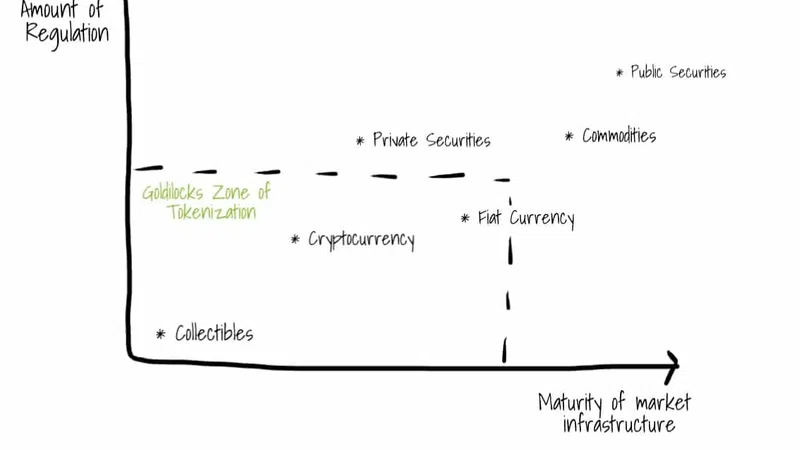Financial regulations. On the face of it, these two words may conjure up images of traditional lines of policy that subject financial institutions to the same old requirements, restrictions and guidelines.
In reality, however, this is far from the truth.
During the post-crash period from 2009 to 2012, approximately 50,000 new regulations were implemented, according to RegTech think tank JWG. Over the following three-year period, this almost doubled to a massive 100,000 new regulations that firms became obligated to keep up to date with.
Indeed, fintech thought leader MEDICI reveals that rule changes facing the financial services industry increased as much as 500% in the decade ended 2018. Meanwhile, Reuters’ Cost of Compliance report previously stated that a new regulatory alert is issued every seven minutes.
It is a fast-moving landscape that has created a growing headache for risk and regulatory compliance departments, with such dynamics being simply unmanageable.
Why the rise in regulation?
It is worth noting that regulatory requirements are there for good reason.
The potential fines facing those that fail to comply with the set legislature of an industry, be it financial services or another, often result in regulations being shone in a bad light. They are considered more of a burden than a benefit, but this should not be the case.
Indeed, one such benefit of regulations is their ability to instil best practices within industries and companies – something that has never been more important.
From ingenuity to honesty to kindness, many of the best features of humanity have shone during the COVID-19 pandemic as people continue to work together in a time of immense crisis. In parallel, however, others have sought to ensure personal gain amidst the chaos.
Cybercrime is a prime example of the latter, for which the financial industry has continued to become a major target. Statistics from BAE Systems, for example, show that almost three quarters of all financial institutions witnessed an increase in cyberattacks in the 14 months ended April 2021.
In response, industry bodies and financial authorities have sought to implement more regulations to ensure better practices are adhered to and the heightened threat of cybercrime mitigated.
The RegTech, cybersecurity combination
Indeed, it can be perceived as something of a catch 22: regulatory compliance is important to implementing best practice and mitigating risks, but it is extremely hard to achieve holistic compliance given the exponential acceleration of new legislation.
So, what’s the solution?
Simply put, companies should consider the benefits to be derived from transforming their approach to compliance and risk management. More hires are not necessarily the best, nor most sustainable way forward.
Enter RegTech – a technology beginning to be broadly adopted across the financial services sector that leverages machine learning, natural language processing, blockchain, AI and other cutting-edge technologies to drastically enhance the ability of companies to overcome the challenging regulatory environment.
RegTech can be used to analyse large quantities of legal text and automatically identify areas where new compliance might be required in a transformed, streamlined process.
Indeed, it is a relatively novel key to unlocking the door to improved operational compliance, yet it should not be the only consideration for firms looking to enhance their overall operational hygiene and security posture.
Simply ensuring compliance is not enough. Companies must also be proactive in addressing their weak points, and here enhanced cybersecurity is vital.
Cyberattacks have enhanced in complexity as well as volume, leaving many security processes both inadequate and outdated. Technologies that were previously seen to be safe such as biometric authentication have become attack mediums, while the use of novel technologies with malicious intent spanning everything from deep fakes to machine learning is also on the rise.
Thankfully, there are advanced technologies such as machine-learning-empowered threat intelligence and managed detection response that can help to tackle such threats. Yet there is often a lack of understanding of what’s happening at the cutting edge of security, and indeed how the security landscape is unfolding, owing to understaffed security departments.
The use of advisors and consultants can transform this vigilance, instilling greater input into security hygiene and innovation to realise a host of benefits, be it improved ROI, optimised process efficiency, or other gains.
Better practices = bigger business
The obvious answer to this challenge would be to dedicate greater resource to compliance and security activities, yet this is easier said than done.
Unfortunately, investment of time and effort into these two areas – be it RegTech, cyber-related best practices, or other – are all too often seen as both costly and as potentially hampering overall operational effectiveness. To overcome this hurdle, the way in which these parts of a business operate needs to change.
Transparent discussions need to take place at board level to engrain a broad understanding of key issues. This includes the potential costs of security breaches or fines for a lack of compliance, but equally the fact that sound security and compliance practices can go a long way in supporting commercial ambitions as opposed to offsetting them.
Because of the sensitivity of the finance industry, many companies demand alignment with specific legislation and frameworks before conducting business. By being a first mover in relation to new regulations, demonstrating security thought leadership and gaining related accreditations, a new pool of prospects may be unlocked.
In essence, better practices not only better mitigate the costly risks of fines or breaches. They can also work to optimise processes and unlock greater opportunities.
By placing RegTech and cybersecurity together at the heart of any digital transformation strategy and embedding an understanding of the benefits at a management level, the rewards will start to be unlocked.













